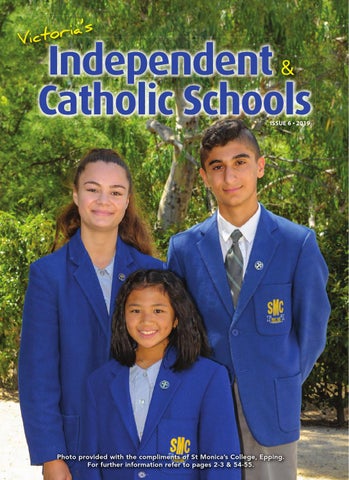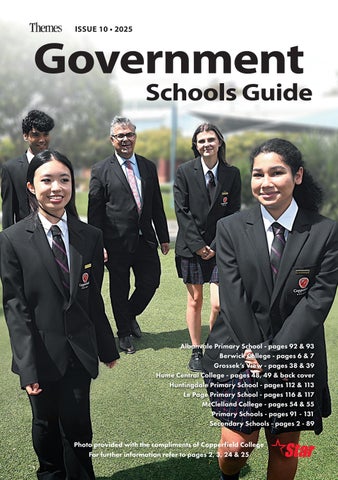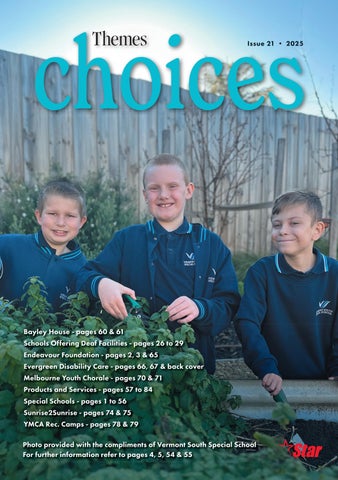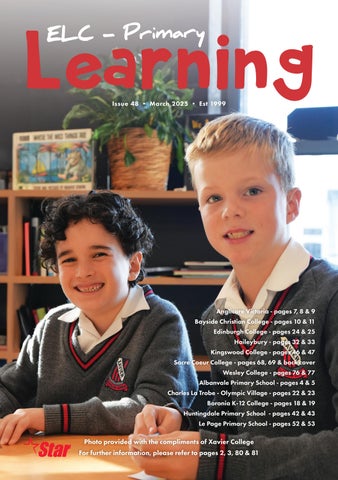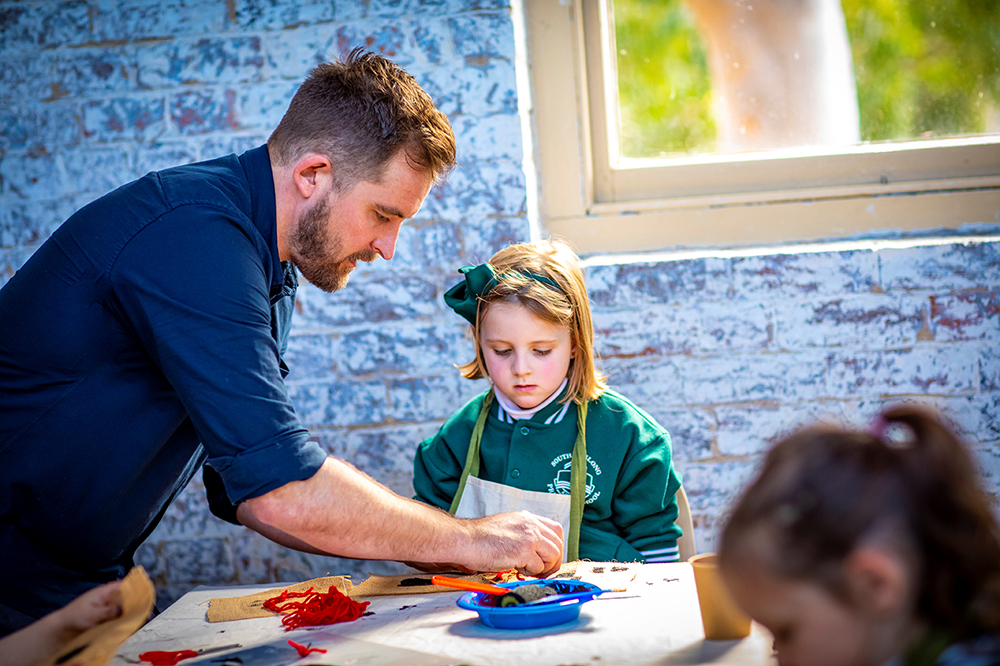EXPERT COMMENT: Year 12 Exams – Stress, Resilience, and Balance
This year’s final exams take place in a difficult context of pandemic fatigue and a stressed teaching workforce. The leading researchers feature in this Expert Comment are keen to emphasise balance, perspective, adequate rest, ongoing support, and positive motivation; all with an eye to the long-term.
Professor Alexandra Lasczik (Southern Cross University) – “The HSC is but one moment in life”
Professor Lasczik was a Visual Arts teacher and Creative Arts Head Teacher for 25 years before entering a second career as an academic in 2011. She is Professor, Arts & Education and Associate Dean (Research) in the Faculty of Education at Southern Cross University. She is co-Leader of the Sustainability, Environment and the Arts in Education Research Cluster. Lexi is an expert educator with 40 years’ experience in the Visual Arts. She is also a practicing artist whose chosen mediums are painting, photography, poetry, walking and creative writing.
“My advice to HSC students and their families is to maintain balance and perspective during this critical period of school life. Remember, the HSC is not the only way to get the career you desire. It is vital to understand that quality of life, more broadly, is what is essential. The HSC is but one moment in life.”
“The HSC is a highly stressful undertaking and can sometimes have a significant impact on the well-being and mental health of students. To mitigate this, perspective is key. Studying is important, but so is exercise, rest, fun, and a social life.
“Resilient young people who are well-rested, healthy, well-supported and have strong relationships are more likely to cope with these challenges.
“In some ways, Year 12 students are like elite athletes who are about to perform in an important competition. They have trained (studied) for many years, peaking in Year 12 with their substantial study load and are now tapering for their sprint (exams). The HSC examinations are laden with a similar level of preparation, significance, and load, but in this case, it is a heavy cognitive load. And sometimes, it is just too much for some.
“Some students are just better at exams than others. Others may feel unwell on exam day, or nerves might impair performance. Some may not sleep well the night before or skip breakfast because of nerves. These things will inevitably affect their exam performance and cannot be helped.
“It is important to maintain balance at this time, to ensure that the HSC does not cause undue anxiety or ill health. Students (and their parents) need to have some perspective and to understand that the HSC is not the only way to a desired career-path. There is life after the HSC!”
For more information, please contact Professor Alexandra Lasczik at Southern Cross University at Lexi.Lasczik@scu.edu.au.
Professor Viviana Wuthrich (Macquarie University) – “Fear as a motivator is likely to backfire.”
Professor Viviana Wuthrich pursues research with a focus on understanding the underlying mechanisms of anxiety and depression, and on the psychological treatment of these disorders in children, adolescents and older adults. Professor in the Department of Psychology, Macquarie University, she is the Director of the Centre for Ageing, Cognition and Wellbeing. She is a Registered Psychologist with clinical endorsement and an AHPRA Endorsed Supervisor for Psychology registrars.
“To get students to take their studies and their year 12 results seriously, it may seem intuitive to focus on the consequences of not doing so. Year 12 in general, and exams especially, are often framed by teachers and principals as the summation of students’ education and critical for their future career.
“Building up the importance of the exams and the negative consequences of not knuckling down and work hard are a form of ‘fear appeal’, appealing to a person’s anxieties and fear of the future in order to motivate behavior change in the present.
“This might be done with the best intentions, but a new study my colleagues and I released this year shows many students – especially those who are already suffering from depression, anxiety or stress – are affected by teacher’s fear appeals in ways which are detrimental to their academic performance.
“About 19 per cent of Year 12 students could be classified as clinically stressed, even at the start of their final year. This year, with the impact of COVID, it is likely to be higher. Stress levels aren’t related to how bright they are, or which schools they go to, but girls do tend to be affected more than boys. Similarly, girls also suffer more negative effects from teachers’ fear appeals.
“Instead of trying to instil that fear of failure, teachers should emphasise how far students come and that they have all the resources to nail it. If we build that underlying resilience, it will not only reduce student stress and improve exam performance, it will help create a healthier environment for our teachers.
“Our study showed that teachers with higher levels of anxiety and lower levels of confidence in their teaching abilities are the most likely to resort to fear appeals. We know anxious people are prone to catastrophising, or expecting the very worst to happen, and this leads them to encourage risk avoidance in others. In this case, they are likely to be undermining their student’s performances, and their own.
“With teacher stress and burnout already at unsustainable levels, even before the pandemic, it is all the more important to look towards decreasing stress and supporting a healthier environment for teachers and students alike.”
For more information, please contact Professor Viviana Wuthrich at Macquarie University at viviana.wuthrich@mq.edu.au.
Dr Pamela Patrick (Monash University) – “Bring the joy back into teaching and learning”
Dr Patrick is a Lecturer at Monash University in the School of Educational Psychology and Counselling. Pamela is keen to explore wellbeing and compassion fatigue in educators. Prior to becoming an academic she worked as a school psychologist at a secondary school and has been involved in a project commissioned by Beyond Blue to explore the needs of educators in promoting their wellbeing. Pamela received the Mollie Holman award for Best Doctoral Thesis in the Faculty of Education in 2020. She is a registered psychologist and an associate member of the College of Educational and Developmental Psychologist, APS.
“This year’s exams occur in a challenging context, for both students and teachers.”
“Since returning from two years of Covid-19 lockdowns, health professionals and educators have noted a sharp increase in mental health concerns amongst young people. Students are showing significant gaps in knowledge and understanding across subjects, giving rise to test anxiety, depression, school avoidance and a lack of school belonging.
“Educators are faced with added demands to deliver in terms of KPIs, with a cohort of students who are developmentally lagging behind. Beyond teaching, educators are faced with a myriad of socio-emotional challenges that students present with.
“Earlier this year, the Productivity Commission released a report highlighting ‘heavy workload and poor work-life balance’ as contributing to high turnover rates among teachers.
“While some initiatives are being undertaken to enhance job satisfaction and educator wellbeing, there remains a need for systemic change. It is vital to consider the impact of Covid-19 lockdowns on the academic, social, and emotional functioning of students. This is a necessary lens to adopt when re-examining school curriculum and indicators of quality education, and it is a necessary part of having perspective on the upcoming exams, as well
“Rather than piling on the pressure, it is time to bring the joy back into teaching and learning.”
For more information or an interview, please contact Dr Pamela Patrick on 03 9905 0167 or at pamela.patrick@monash.edu
Dr Erin Mackenzie (Western Sydney University) – “Social connections are critical for young people during stressful times”
Dr Erin Mackenzie is a Senior Lecturer in Educational Psychology and STEM in the School of Education, Director of Academic Programs in the Postgraduate Specialist Studies program, and a researcher in the Centre for Educational Research at Western Sydney University. She has experience teaching in secondary schools, TAFE, and university settings. Erin’s research interests include adolescent online interactions, coping, and the role of psychological and social factors in adolescent girls’ participation in STEM.
“The lead up to Year 12 final exams is naturally a heightened time of stress for students and their parents. Parents can help support their teen by checking-in and empowering them to use adaptive coping strategies.
“Exercise, downtime, and sleep are all important, but sometimes overlooked when exams are approaching. Students may need gentle reminders and encouragement to take breaks. Studying for many hours continuously should be avoided to prevent burnout and support better focus over longer periods of time.
‘Good sleep is important for alertness and memory consolidation – explaining these benefits to your teen can help empower them to put together an adaptive study routine.
“Connections with friends are critical for young people, particularly during stressful times. Teens regularly talk about academic concerns online and may use online support more when stressed. However, research shows that seeking support in person is more effective than doing so online, so try to encourage your teen to connect with friends in person if possible.
“While it’s OK to seek support from friends, encourage your child to also continue talking to you, and to ask their teachers for help with academic concerns.”
For more information, please contact Dr Erin MacKenzie at Western Sydney University, at e.mckenzie@westernsydney.edu.au
MCERA, an independent, not-for-profit organisation, provides a conduit through which education research and researchers are made more accessible to the media to help improve public understanding of key education-related issues. We provide journalists with expert, independent and accessible insights from education researchers and practitioners. Any views expressed by the experts we consult are not necessarily those of MCERA or its staff.

